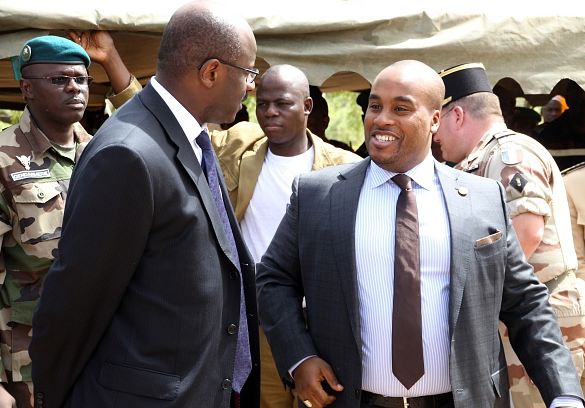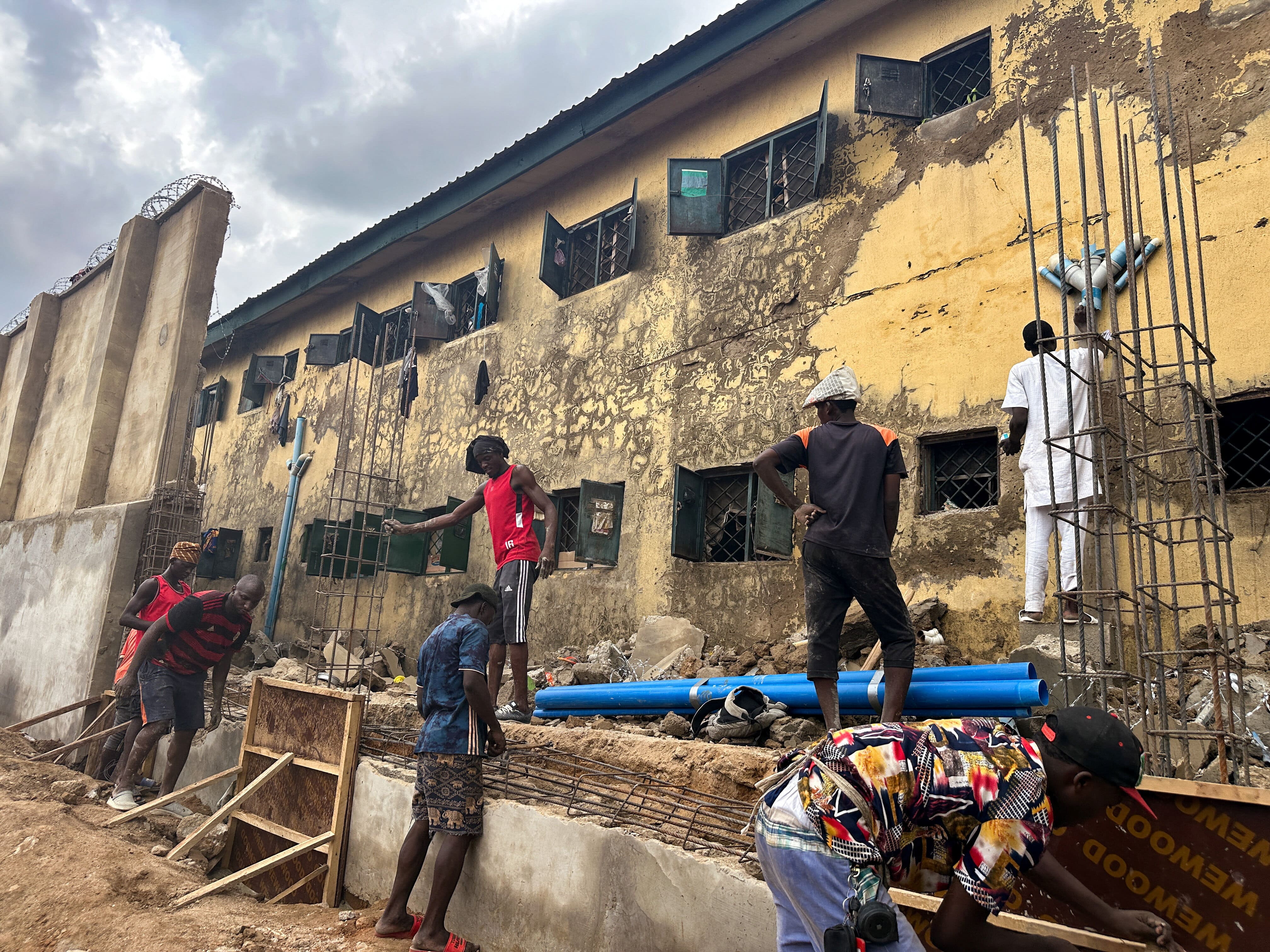
Son of Malian president quits parliamentary role following public protests

The son of Malian President Ibrahim Boubacar Keita, Karim Keita, resigned as chairperson of the parliamentary defence committee as the Malian government continues to come under pressure from citizen protests over a number of issues.
Karim Keita, who is a member of parliament, became the focus of a growing protest movement against his father’s administration following speculation that he leads a lavish lifestyle while most of the country remains mired in poverty.
Leaked videos, which AFP could not independently verify, appear to show Karim enjoying himself at a party aboard a luxury yacht, for example, causing outrage.
Karim Keita released a statement on Monday saying he will resign from the position as he no longer wants to feature in disputes raised by political opponents. He added that he will continue to serve as a lawmaker.
Protests against the government erupted in early June after the opposition rejected compromises by President Keita following the outcome of disputed parliamentary elections held in March and April.
Keita dissolved the Constitutional Court and said he would implement recommendations by ECOWAS, which included re-running some of March’s contested legislative elections. Despite this, the opposition maintained that they would be satisfied only if Keita resigned.
However, there are other underlying reasons behind the protests such as the government’s handling of the jihadist insurgency, state corruption and the economic crisis facing the country.
The protests which have turned deadly, such as one in the capital Bamako on Friday saw protesters block bridges and attack the parliament building.
11 people have died and 124 others have been injured since the unrest began, according to workers at a major hospital.
On Monday, authorities released leaders of the M5-RFP, the coalition leading the protests, who were detained following the protests after the United Nations and European Union urged the government to do so while also condemning its use of lethal force.
International and regional powers fear political instability in Mali could undermine their military campaigns against Islamist militants in West Africa’s Sahel region.
Thousands of civilians and soldiers have been killed while hundreds of thousands of people have been displaced following the insurgency which began in 2012.




